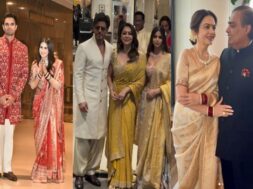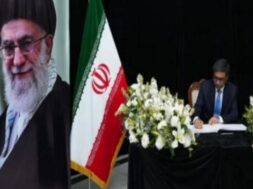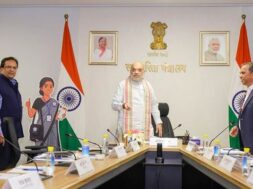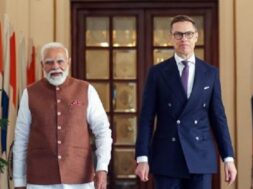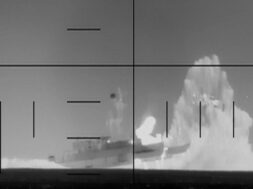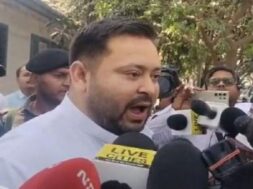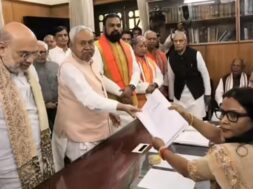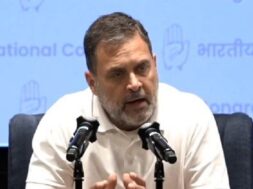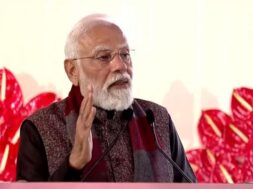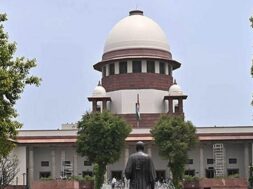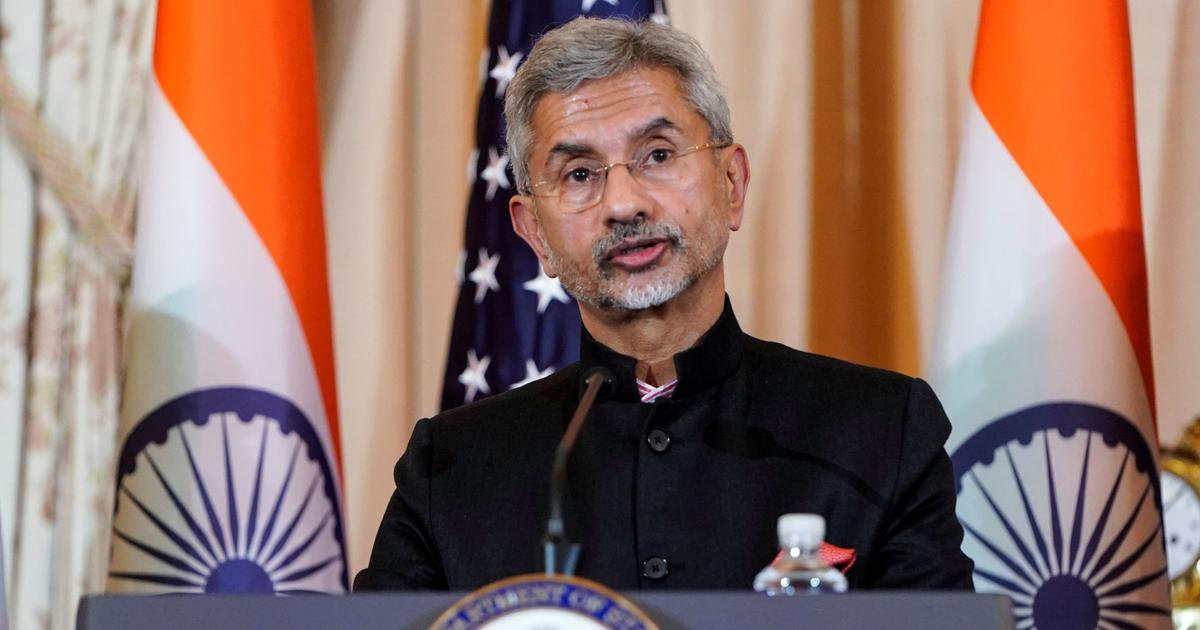
NEW DELHI, Mar 4: Dr S Jaishankar, India’s External Affairs Minister, reached Bangladesh on Thursday on an official invitation from his Bangladeshi counterpart, AK Abdul Momen, ahead of Prime Minister Narendra Modi’s expected visit. Jaishankar will meet the country’s top leaders to address regional and international issues.
Momen received Jaishankar at Dhaka’s Kurmitola air force base. In a tweet, the Indian High Commission stated “Keeping #NeighbourhoodFirst EAM@DrSJaishankar reaches #Dhaka today, March 4, 2021 and is received by H.E. @AKAbdulMomen, Hon’ble Foreign Minister of #Bangladesh”.
In a further tweet the Indian High Commission stated “EAM @DrSJaishankar held wide-ranging bilateral discussions with FM @AkAbdulMomen, followed by joint Press Conference at State Guest House Padma”.
In a statement earlier, the Ministry of External Affairs (MEA) said that Dr Jaishankar will meet with his counterpart and will also pay a visit to Bangladesh Prime Minister Sheikh Haseena. The visit to Bangladesh follows the PM’s level Virtual Summit between the two countries on December 17, 2020, where the main subject of discussion was on the bilateral relations between the two countries.
At a joint press conference, Dr Jaishankar expressed his happiness at returning to Bangladesh after nearly a year and a half and thanked Dr Momen for the invitation. “We know that this is a very special year for Bangladesh, as both countries commemorate the Mujib Barsho, 50 years of Bangladesh’s liberation, and 50 years of our bilateral relationship,” he said
He also emphasised the significance of these three anniversaries to India, as well as Indians’ high regard for Prime Minister Sheikh Hasina and Bangladesh. The friendship goes beyond strategic partnership, and it is critical to the realisation of a dream of a stable, prosperous, and progressive South Asia.
He said the pandemic had actually given an opportunity to the two countries to reaffirm friendship since Bangladesh was the largest beneficiary of the Made in India vaccines. He also spoke at length about the policies that both countries have in common as well as the programmes that both countries were working on.
(Venkatesh Iyer)


